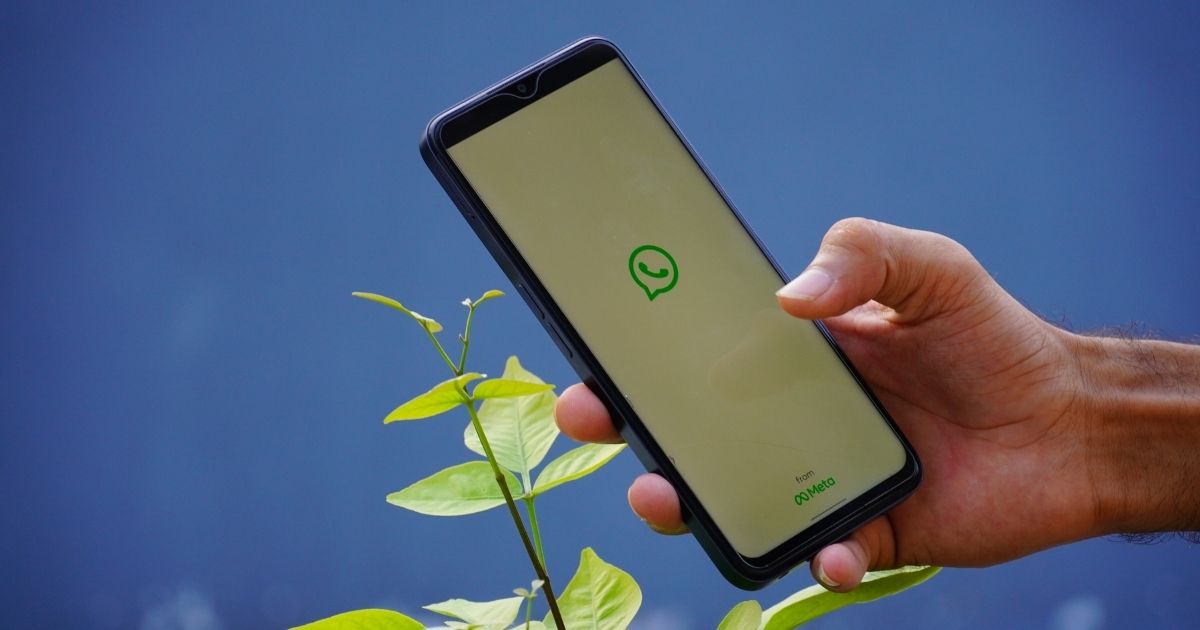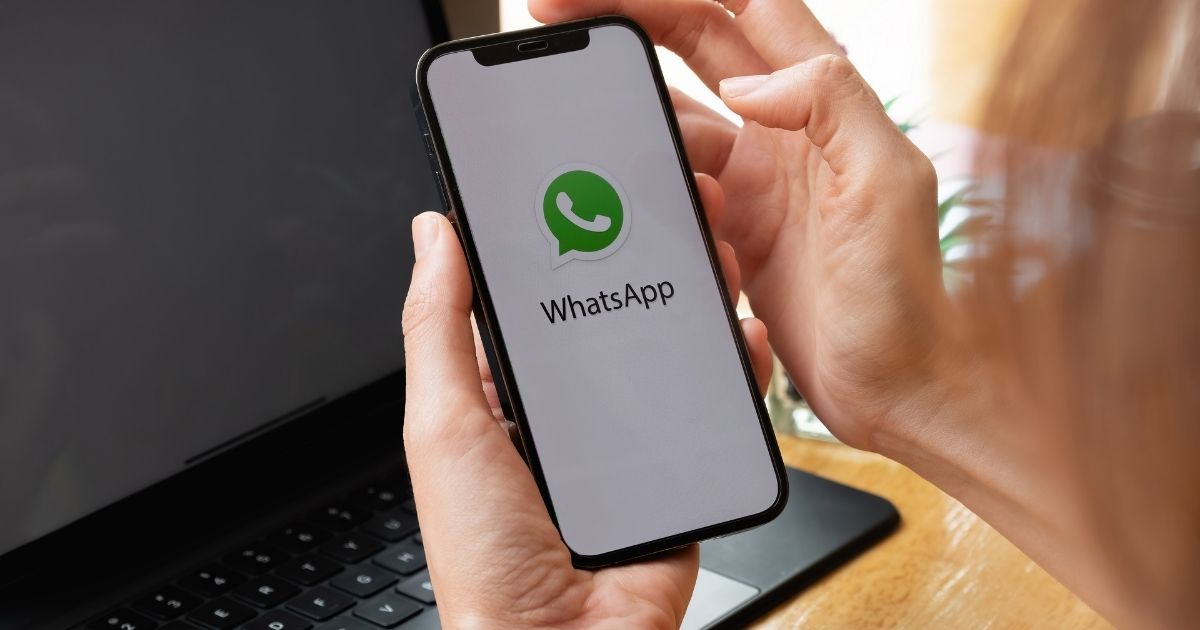Looking for ways to stay connected with customers at the right moments? Try WhatsApp templates.
From appointment reminders to order confirmations, timely communication keeps customers engaged and satisfied. WhatsApp templates make these communications more reliable, efficient, and scalable,
With 3 billion active users, WhatsApp is a powerful customer communication tool for customer engagement.
Using the WhatsApp Business API, you can create and send proactive notifications and automated customer alerts through templates.
In this guide, you’ll learn how to make the most of WhatsApp templates for proactive customer notifications.
Why Use WhatsApp Templates for Customer Notifications?
WhatsApp templates are pre-approved message formats that businesses can utilize to send structured, consistent, and compliant notifications.
By using these templates, you can proactively reach out to customers. This pays back with higher engagement rates.
What’s more? You’ll also minimize confusion, reassuring customers that your business prioritizes timely updates. So, they know it simplifies their life to work with you.
Examples of proactive WhatsApp notification strategies reveal the importance of WhatsApp templates:
- Appointment reminders (WhatsApp): “Your consultation with Dr. Smith is tomorrow at 10 AM.”
- Order update messages: “Your package has been shipped and will arrive on Tuesday.”
- Service alerts: “Scheduled maintenance will occur on Friday from 2–4 PM.”
- Automated customer alerts: “Your subscription will renew in 3 days.”
They all create a smooth customer experience, which everyone is looking for. When you give this to them, the chances of gaining loyal customers increase.
Plus, these simple notifications
- reduce no-shows,
- improve operational efficiency through automated delivery, and
- enhance customer engagement on WhatsApp by providing timely and valuable updates.

WhatsApp Template Approval Process
To get started, register for the WhatsApp Business API and choose a provider, such as Click2Connect, to manage your messaging setup.
This step is crucial for facilitating the implementation of notifications.
To maintain user trust and provide a seamless messaging experience, WhatsApp requires that all message templates go through a rigorous approval process.
Here’s a detailed breakdown of how the process works:
1. Drafting Your Template:
Instead of pushing a sales pitch, focus on sharing the important stuff. Templates should really emphasize getting the main points across rather than promoting anything.
Example of an Appropriate Template: “Your order #1234 has been confirmed and will be delivered by [insert date].”
This template provides essential information while remaining neutral in tone.
Examples to Avoid: Phrases like, “Hurry! Buy now and get 20% off!” are considered promotional and will likely be rejected.
Focus on factual information that adds value without pushing sales.
Important notice: To reduce the likelihood of rejection, always categorize your message templates correctly.
WhatsApp recognizes various categories, including
- transactional messages (e.g., order confirmations),
- utility messages (e.g., service updates), and
- authentication messages (e.g., verification codes).
Proper categorization aligns with WhatsApp’s guidelines and also provides context for your messages, helping to improve delivery rates.
2. Submission Process:
After drafting your template, submit it through your WhatsApp Business API provider.
Ensure that you follow the specific submission guidelines provided by your API provider to facilitate a smooth review process.
3. Review and Approval Timeline:
Once submitted, WhatsApp will review your template for compliance with their policies and guidelines.
This review process typically takes about 24 hours. During this period, WhatsApp checks for clarity, relevance, and adherence to their non-promotional standards.
4. Using Approved Templates:
Upon approval, you are free to utilize the template for sending automated messages and notifications at scale.
This feature is particularly useful for businesses looking to streamline their communication with customers, enhancing efficiency and clarity.

Best Practices for Crafting Engaging WhatsApp Templates
When designing templates for WhatsApp Business messaging, consider these tips for effective communication:
- Be concise and clear, as customers prefer brief updates over lengthy messages.
- Use placeholders. Personalize with variables like [name], [order ID], or [appointment date].
- Add CTAs. Include buttons for “Confirm Appointment,” “Track Order,” or “Contact Support.”
- Maintain a professional yet approachable tone that aligns with your brand’s voice.
Example of a well-crafted WhatsApp order update template:
Order update messages are among the common use cases of WhatsApp templates. This example can help you craft the most effective template:
“Hi [Name], your order #[Order ID] has been shipped. Track your delivery here: [Tracking Link]. Thanks for shopping with us!”
This balances clarity, personalization, and customer convenience.
Ensuring Compliance with WhatsApp Business Policies
To avoid disruptions, make sure your WhatsApp notification strategy aligns with WhatsApp’s rules:
Rule #1: No spam or promotional push. Templates should provide value, like updates or reminders.
Pro tip: Always secure consent before sending proactive messages to ensure compliance with WhatsApp’s policies. Implementing effective opt-in practices is essential.
Consider collecting opt-ins during the sign-up process, whether through online forms or physical enrollments. Additionally, offer an easy opt-in option on your website, such as a checkbox that users can select to receive updates via WhatsApp. These methods help manage compliance obligations and maximize your reach.
Rule #2: Respect frequency. Avoid overwhelming customers with too many alerts.
Rule #3: Use approved templates only. Unstructured outbound messages are restricted.
Following these WhatsApp compliance standards ensures your account stays in good standing while keeping customers happy.
WhatsApp Marketing Tips for Customer Engagement
Here, find applicable and game-changing WhatsApp marketing tips that will maximize customer engagement through WhatsApp templates.
Segment your audience for personalization.
Send relevant updates only to the right customer groups. This is how you can achieve message personalization on WhatsApp.
Customers respond better when messages feel tailored. The conversion comes with a simple but not generic message. To do that,
- create a brand voice for WhatsApp,
- know your audience’s appeals and
- create different templates for different segments.
Automate workflows.
You can easily automate message sequences to accompany your customers during their journey. Also, let them know you’re here as an assistant on WhatsApp.
So they know, they don’t need to take notes here and there.
They know they can trust you.
You can use Click2Connect to schedule reminders, confirmations, and alerts.
Test and optimize.
Track engagement rates such as open rates and response rates to identify successful strategies and areas needing improvement.
Regularly measuring these metrics can provide valuable insights into customer interactions and preferences. This enables you to fine-tune your WhatsApp notification strategy for maximum effectiveness.
When implemented effectively, proactive WhatsApp customer service not only informs customers but also fosters trust and loyalty.
Final Words on WhatsApp Business Messaging
WhatsApp templates are a key part of a smart customer communication strategy. Leveraging templates enables timely, personalized, and consistent messages that
- boost engagement,
- strengthen trust, and
- simplify customer interactions.
By combining approved templates, best practices, and compliance, you can deliver proactive customer notifications that improve engagement, reduce friction, and enhance customer experience.
If you’re ready to simplify and scale your WhatsApp Business messaging, explore how Click2Connect can help you set up, manage, and optimize your WhatsApp notification strategy.
Get started with your 14-day free trial today.






